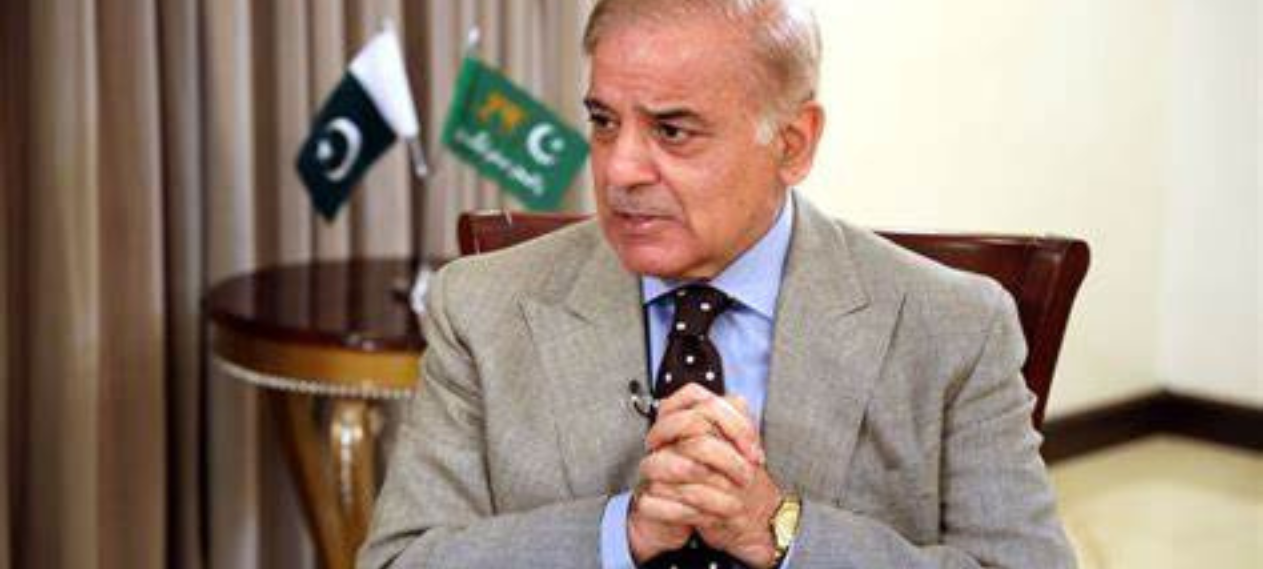The prime minister added, “It is joint responsibility of all of us to enforce the state’s accountability fully and without exception,” during a meeting of the National Action Plan’s Apex Committee.
Senior military officers, federal ministries, and chief ministers from every province attended the meeting.
Terrorist activity in Pakistan has increased significantly since the banned militant organization Tehreek-i-Taliban Pakistan (TTP) broke off its truce with the government in November 2022, particularly in KP and Balochistan.
In 2023, Pakistan had a record six-year high of 1,524 violence-related deaths and 1,463 injuries from 789 terror incidents and counter-terror operations, according to an annual security assessment published by the Centre for Research and Security Studies.
Addressing the apex committee meeting, PM Shehbaz said terrorism had plagued Pakistan in various ways for two and a half decades.
He claimed that there was a fatal relationship between terrorism and criminality, drug trafficking, fanaticism, and religious hatred, as well as a multifaceted problem with terrorism in Pakistan. He emphasized that Pakistan’s sustainable prosperity depended on stability and the rule of law.
“Investors will never trust a soft state, and a nation beset by terrorism and instability cannot be expected to have a robust and robust economy,” he continued.
The prime minister claimed that all organizations and local governments were absolving themselves of any duty of fighting terrorism by putting all their trust in the Pakistan Armed Forces. He claimed that it was a risky tendency that had emerged in recent years and would not aid in totally eliminating the threat of terrorism.
He stated, “Pakistan’s Armed Forces have been shedding their blood for decades, offering unmatched and countless sacrifices,” and that a full system and government could not guarantee long-term stability.
He emphasized that in order to eradicate the threat of terrorism, all federal, provincial, and law enforcement agencies, ministries, and other institutions should collaborate.
Read more: PM Shehbaz Takes Charge of ECNEC, Replacing Finance Minister
The prime minister said that the province governments played a significant role in this area following the passage of the 18th amendment to the constitution, since they currently have access to all necessary funding for this purpose.
To lead the nation toward peace and prosperity, the prime minister said, we require cooperation amongst all parties involved, especially the leaderships of the political and religious movements.
He stated that the political and religious establishment needed to understand that the fight against terrorism was one that we, the next generation, needed to win.
“Any disagreements aside, we must accept this duty and assist our armed forces in this way,” he continued, adding that “it would be a grave error to place the entire burden on one institution.”
Furthermore, he emphasized that taking action against the terrorist elements outside of Pakistan would also require robust diplomacy.
In addition, the prime minister underlined the necessity of taking legislative action to strengthen law enforcement authorities, citing the current legal loopholes as a significant barrier to successful counterterrorism efforts.
Additionally, he pledged to help the struggle against terrorism with all available resources and instruments, including the Pakistan Army and the Ministry of Interior.
The ongoing campaign against Pakistan-China relations has been described by Prime Minister Shehbaz as a vicious and petty social media effort aimed at destabilizing the nation.

